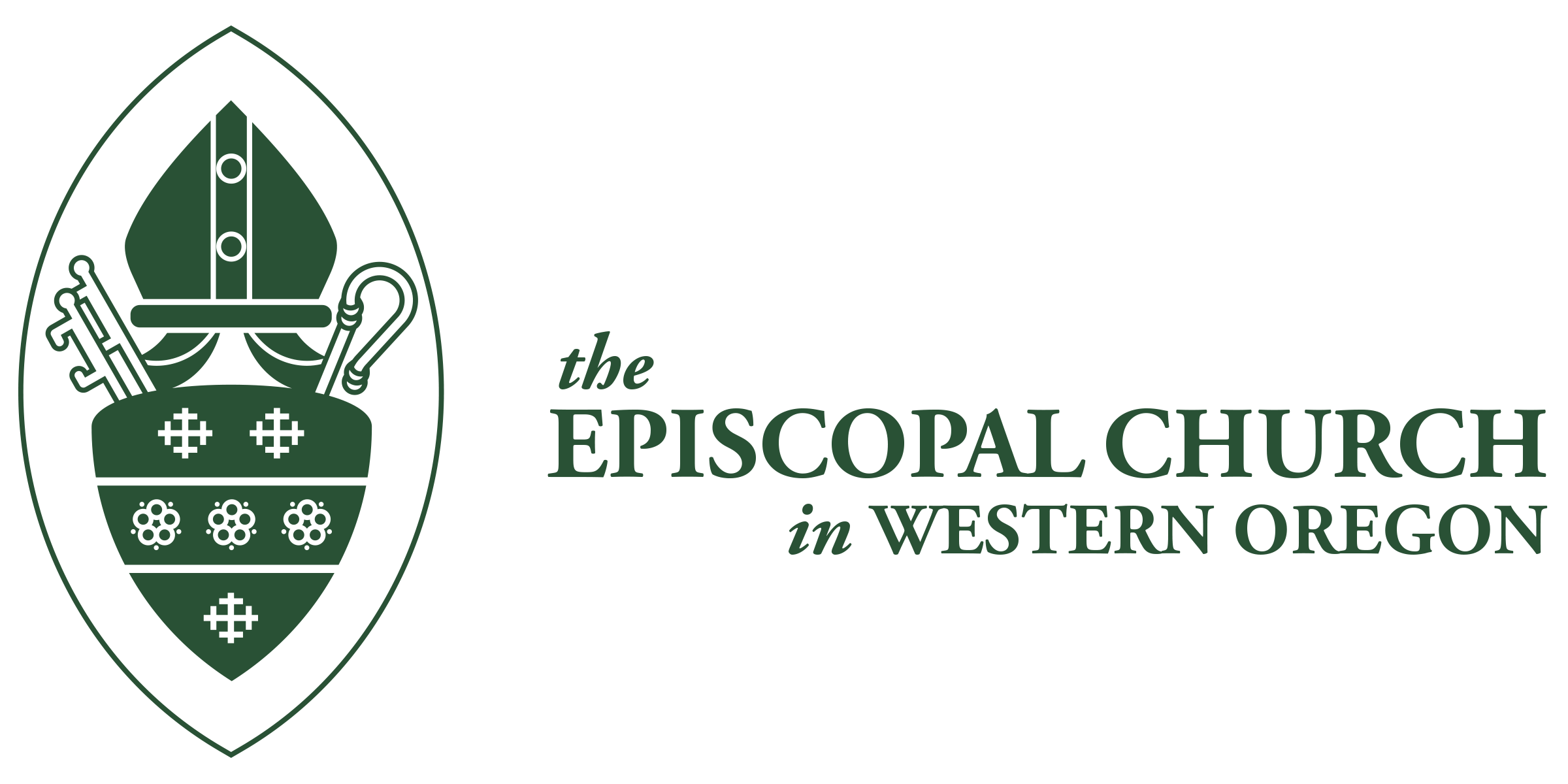Dear Friends in Christ,
The Confession in our Liturgy of the Holy Eucharist becomes a central piece of our worship during the season of Lent. Like so many of our prayers in the Book of Common Prayer, The Confession is at once succinct and on-point and also powerfully poetic. There are excellent versions of The Confession in Enriching Our Worship which names our transgressions with new images and phrases. Yet, the form in Rite II of our prayer book pierces through any resistance with simple unambiguous language. The words in the last half of The Confession are particularly compelling: “We are truly sorry, and we humbly repent. For the sake of your Son Jesus Christ, have mercy on us and forgive us…”
To be in a state of remorse such that we will confess that we “are truly sorry” and not simply “sorry ‘bout that” is to have spent time not only examining our wrongdoing but having witnessed the harm that we have caused. To be “truly sorry” is to have moved past the superficial acknowledgment of hurt into a deep place of realization that we have harmed someone to such an extent that we are haunted by the knowledge of it. It is to circle and then land on the truth that, as much as we may wish, we cannot undo what we have done. Humble repentance is, then, how we find our way back.
“For the sake of your Son Jesus Christ, have mercy on us and forgive us…”
There are several ways we can understand the first half of that sentence.
Because of your Son…,
Under the authority of your Son…,
As the result of your Son…,
In the name of your Son… have mercy on us and forgive us…
However, we understand Jesus Christ in our life; He is the One who lived and died in order that we will know the depth, breadth, and mysterious abundance of God’s love. And because of the transformative way in which Jesus opens our hearts to truly see, we believe that God will forgive us – will draw us into that abundant loving embrace – not because we have earned it, or deserve it, or can prove our worthiness but because God is merciful. God yearns for us to be healed in order that we can live in ways that show others how the mercy of God makes us whole. God’s mercy knows no bounds; it is freely given, and its source is love that is deeper than the deepest sea and brighter than the noonday sun. We may not comprehend it, but we can receive it and give ourselves over to its healing power so that we might be transformed and therefore delight in God’s will and walk in God’s ways.
May God’s mercy, this holy Lent, heal us and make us whole.
Blessings,
+Diana
